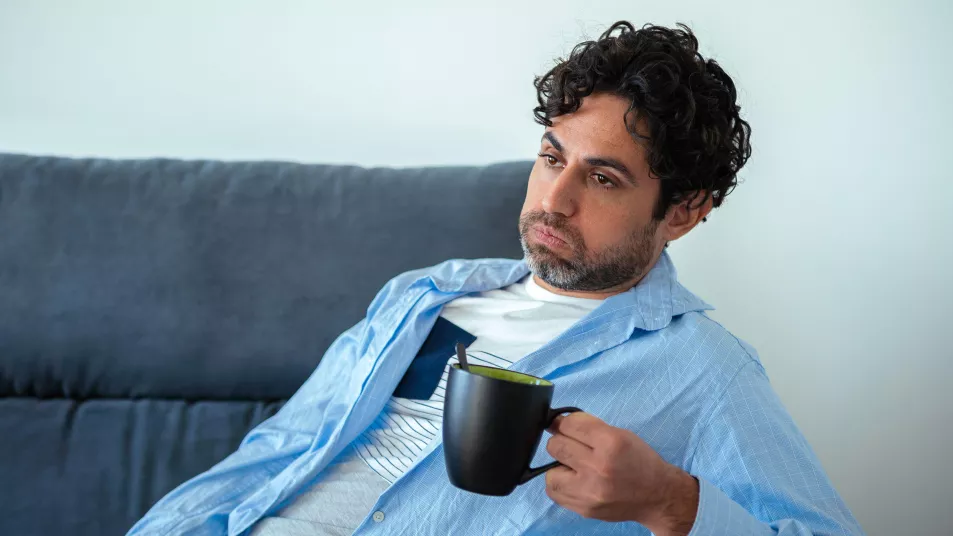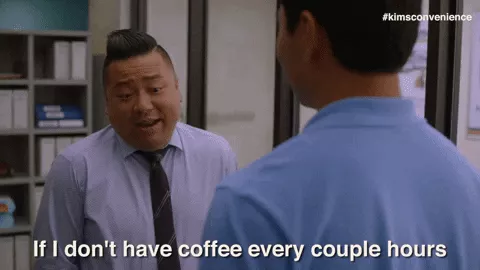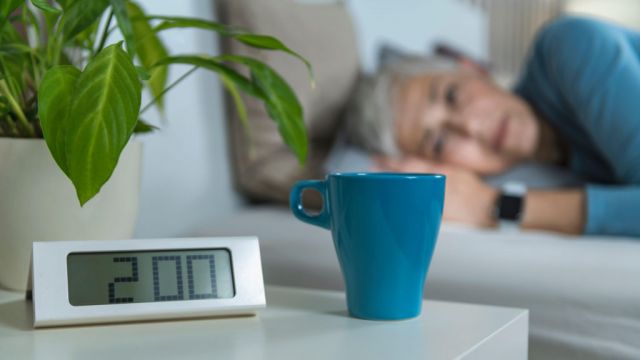Even one or two nights of interrupted sleep is enough to leave you feeling tired, groggy and very moody indeed.
When temperatures soar and don’t let up – even after dark – that’s when heatwave-induced sleep deprivation can become a real problem.
We often complain about having a ‘sleep deficit’ when we can’t catch enough Z’s over multiple nights, but does it really matter in the long run?
this heatwave is insane it's almost 5am and i can't sleep because of it 😭
— margarida (@wearefallingnow) July 12, 2022
Advertisement
“Aboslutely,” says Dr Guy Meadows, co-founder and clinical lead at Sleep School (sleepschool.org).
“Most of us will know what that experience is like and the impact that it has, whether that be in one stint or over a longer period of time, which might be what we’re experiencing at the moment [in the heatwave].”
Here, he talks through how a sleep deficit affects your physical and mental health, and what you can do about it.
Physical effects

“If we’re cutting our sleep short, basically, all of the wonderful things that sleep does for us are cut short,” Meadows explains. “We know that sleep helps us to clear toxins out of our brain during the night and through this system called the glymphatic system.”
Sleep also regulates the hormones responsible for our appetite, which is why you might find yourself craving carbs following a restless night.
Meadows adds: “When we are sleep deprived, we see an increase in ghrelin, the hunger hormone, and a decrease in leptin, the satiety hormone, so it’s a bit of a disaster zone because we want to eat more and we don’t know when to stop eating.”
Cognitive functioning
#heatwave #heatwaveuk Too hot 🥵, can’t sleep … pic.twitter.com/JodHsAYjuX
— Mina✨ (@MinaChan77) July 13, 2022
Finding it harder to concentrate? Insomnia can zap our brain power as well as our energy.
“Our reaction time goes down so we’re a bit more sort of sluggish in our in our mental capacity,” Meadows says.
“We might make more mistakes, we might struggle to recall memories. All of these what we call executive functions, will go down. If we’re unable to be focused and attentive, that impacts our ability to learn and take onboard new information.”
Emotional regulation

There’s a lot of truth in the old saying about ‘getting out of bed on the wrong side’, Meadows says. “We now know sleep plays a really important role in helping us to diffuse our negative emotions during the night and wake us up happy.”
Unfortunately, copious cups of tea or coffee might not be able to help you shake that down in the dumps feeling. “Research shows that if you deprive people of sleep they tend to view the world and view themselves more negatively.”
And that can result in irritable behaviour – “We’re short tempered, we might snap at a family member or a child or work colleague more quickly than we would normally.”
Can you reduce your deficit with a lie-in?

Planning a long snooze at the end of an exhausting week might not be the best option, Meadows warns. Sleeping all morning could throw off your internal body clock.
“It’s called circadian misalignment,” he explains. “That’s why the vast majority of people will actually feel much worse when they have a lie-in – they’ll feel more tired, they feel groggy, they feel nauseous.”
Instead it’s better to make up for lost sleep gradually. “That might mean once or twice a week going to bed 30 minutes earlier, or getting up 30 minutes later. That way, you’re gaining the benefits you’ll get from that extra sleep, but not confusing your body clock at the same time.”
Is napping a good idea?

Similarly, long naps can reduce the ‘sleep drive’ that builds up throughout the day and makes you nod off at night. Short snoozes can help, however.
“We know from research that [napping] can help to boost alertness, it can improve reaction time, it can boost our energy levels,” says Meadows.
“A power nap is anywhere between 10 and 20 minutes, and ideally it’s between midday and 3pm, so it’s not long enough to weaken the sleep drive and it’s not late enough to impact on sleep.”
Any tips for sleeping in the heatwave?

Keeping your bedroom as cool as possible is key, which is why Meadows recommends shutting the curtains and opening the windows during the day, or moving your mattress to the breeziest part of the house if you can.
“Try to have a light, healthy meal in the evening, aiming to leave as a minimum at least two hours between eating and sleeping, because that means it’s got enough time to be digested,” he says.
If you find yourself lying awake feeling frustrated, mindfulness could help to reduce your stress levels. “You might go, ‘My body feels hottest in my back and my legs, or my chest and my head’. That’s very different to ‘If I don’t cool down soon I’m never going to sleep and tomorrow’s going to be a disaster!’
“So what you’re learning to do is to strip the emotion out of heat.”







